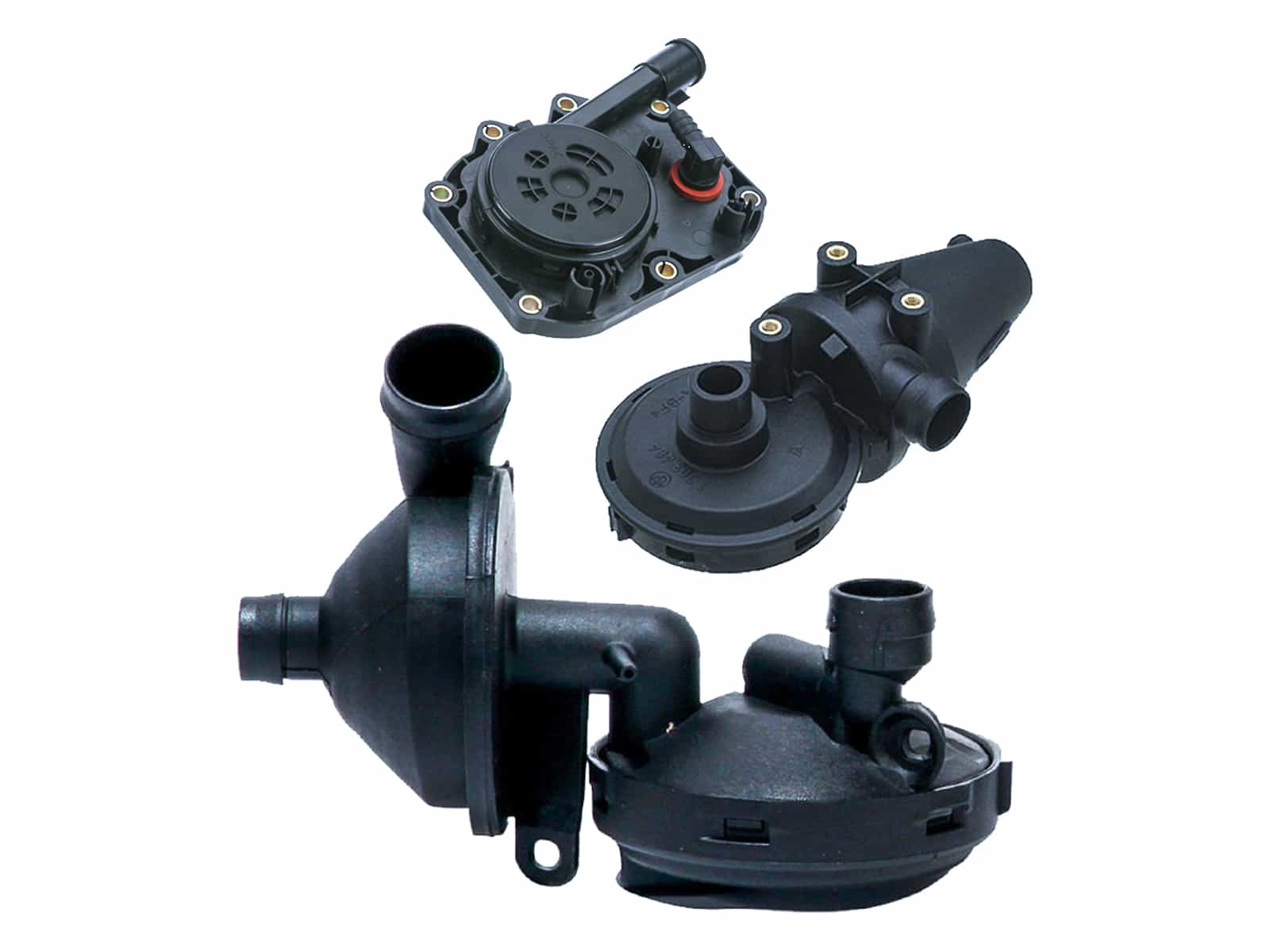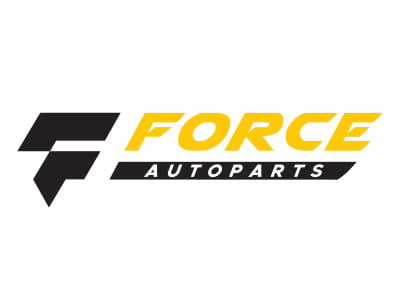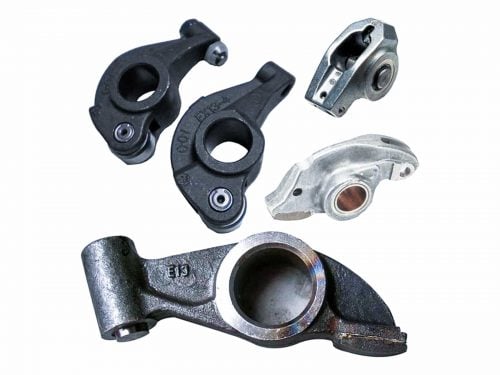

Masterparts offers high-quality crank ventilation valves (also called PCV valves) for delivery or for sale at our branches.
What does a crank ventilation valve do in a car?
The crank ventilation valve is a key emissions component. It sucks gaseous combustion by-product out of the crankcase, filters out excess oil and returns the gases to the combustion chamber via the intake manifold.
Removing undesirable by-product that has leaked into the crankcase is integral to the safe operation of the engine.
Recycling by-product back to the cylinders allows the gases to be used to achieve complete combustion for the second time, thereby reducing emissions.
The main function of the valve is to regulate the flow of gases into the chamber based on the current engine operating conditions.
See AA1Car for a diagram of a typical Positive Crankcase Ventilation (PCV) system, including the location and structure of the crank ventilation valves.
How does a crank ventilation valve work?
The crank ventilation valve opens and closes according to the air pressure in the intake manifold.
When the car is idling, the air pressure is high and the crank ventilation valve closes to restrict the quantity of gases entering the intake system.
As the engine operates at higher revs, the pressure in the intake manifold drops. Due to the lower vacuum, the crank ventilation valve opens and the flow of gases increases.
See the YouTube video, PCV Systems – How They Work by DIY Auto Homeschool, for a detailed account of the crank ventilation valve and its role in lowering emissions.
Signs of a malfunctioning crank ventilation valve
Over time, oil and sludge build-up can cause the crank ventilation valve to seize and malfunction.
Common symptoms include a misfiring engine when idling, black exhaust smoke, oily residue on the spark plugs and higher oil consumption.
A defective valve can lead to seal and gasket failures, and compromise the integrity and efficiency of the engine.
Where to get crank ventilation valves from Masterparts
We offer door-to-door delivery. Alternatively, visit any of our branches across South Africa or in Windhoek, Namibia.
Crank ventilation valves in and around Cape Town:
Crank ventilation valves in KwaZulu-Natal:
Crank ventilation valves in Namibia:
In addition to crank ventilation valves, Masterparts offers engine mountings, crankshafts, camshafts, pistons and other components – so you can complete a full repair with one stop. Contact us if there’s a part you need and we’ll do our best to assist.







